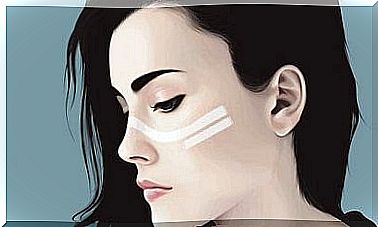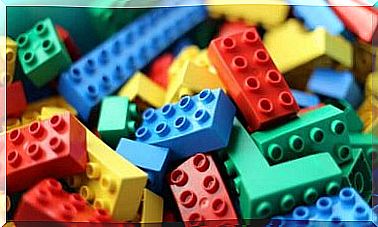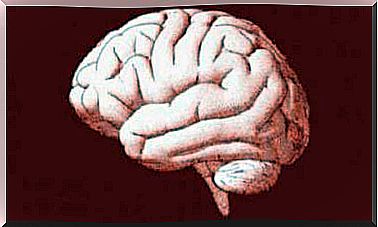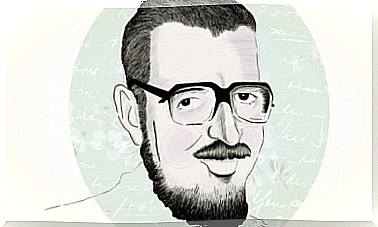Your Brain Wants To Thank You For Eating Healthy
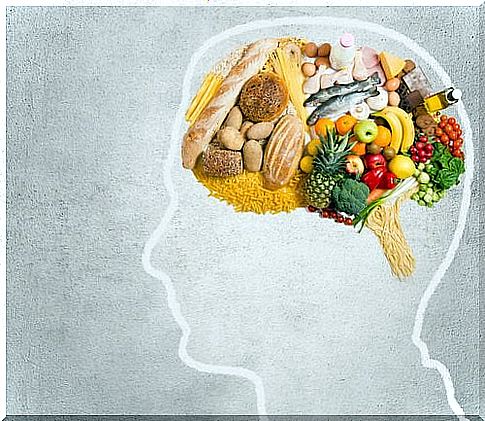
The biggest connection between your body and the food you eat is not your digestive system, but your brain. Your diet affects it directly. On the one hand, the brain is responsible for hunger, satiety and appetite, and on the other hand, it gets its energy from food.
For the brain to function optimally, you need to nourish it properly. Depending on what we eat, a number of metabolic processes will take place that will transform the nutrients into the fuel your brain needs.
Where does the brain get its energy from?
The brain does not rest. It is continuously active and functional, even when you are not aware of it. That’s why nutrition is so important, because the only way to give your brain energy is to eat a variety of foods.
Carbohydrates help the brain to be the most efficient it can be. And among carbohydrates, sugar or sucrose is the most important for optimal brain function. Yes, sugar is not that bad.
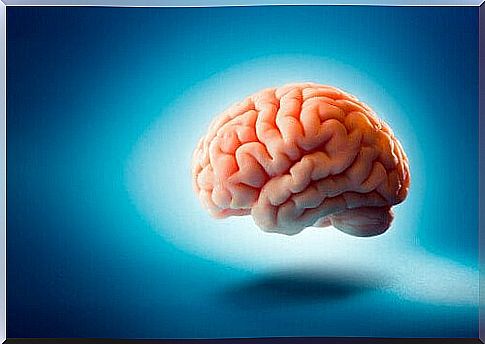
Sugar is soluble in water and the body can digest it easily. Chemically, it is a disaccharide formed by two molecules: one of glucose and another of fructose. These are usually considered as the two main types of sugar.
However, glucose and fructose have opposite effects on your brain. The former activates the signal associated with the feeling of satiety. Fructose performs the opposite task: it activates the brain pathways that increase interest in food. One reduces and the other stimulates the desire to continue eating food. Interesting, right?
Glucose is the brain’s favorite food
But between both types of sugar , the brain has a favorite: glucose. It is the cells’ “favorite food” and the brain’s most important source of energy. It is .
In fact, even though your brain weight is only 2% of your total body weight, it requires almost one-fifth of the total glucose circulating in your blood. In addition , it requires 10 times more blood than muscle tissue. Why? Unlike muscles and other organs, the brain cannot store glucose for later use.
In addition, the brain has another disadvantage: its cells are not able to convert fats or proteins into glucose. It can only use what comes from our daily sugar intake.
Maybe now you better understand that eating healthy is a decision that affects you beyond your weight. Some foods rich in glucose are vegetables (carrots, beets), dairy products, grains (corn, wheat, brown rice) and bread.
Too much or too little is harmful
But be aware! Just because sugar is necessary for your brain to function properly, does not mean that you should constantly eat pastries and junk food. Remember that sugar is naturally present in the food you eat daily, and that this amount is enough.
Too high or too low a level of glucose prevents the body from functioning normally. If your blood sugar is low, such as when your diet is too restrictive, it can impair your memory, concentration and ability to learn. If it is too high, chronic diseases can occur, such as epilepsy.
Other foods that are good for your brain
Starch is another type of complex carbohydrate formed by glucose molecules, and it is very useful for good brain function. Therefore, it is important to also include starchy foods in your diet such as potatoes, rice and pasta.
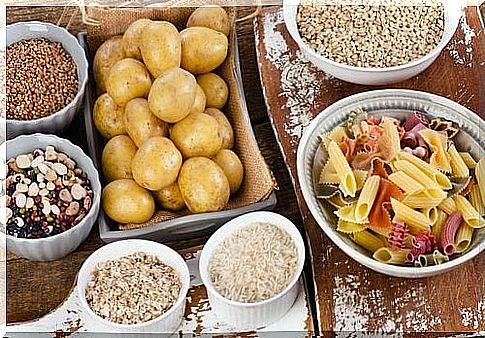
Proteins are essential for the production of neurotransmitters. These in turn are responsible for the flow of information between the brain and the rest of the body. Examples of good protein sources are fish (tuna, sardines, salmon), meat and eggs.
Nuts increase blood circulation and oxygen distribution throughout the body. In addition, nuts are packed with antioxidants and anti-inflammatory drugs due to their high content of omega 3 fatty acids, vitamins and minerals.
How is food transformed into energy for the brain?
When we eat , the enzymes in our digestive system break down food into different parts. Carbohydrates are divided into simple sugars, proteins are divided into amino acids and fats into fatty acids.
These compounds move through the blood to the various cells that make up the human body. Some, like glucose, go directly to the blood vessels of the brain. Others, such as fatty acids, are structural elements of cell membranes.
Habits that destroy brain function
Skipping breakfast means less nutrition for the brain, which leads to poorer function in the early morning. In the same way, the consumption of too little or too much sugar immediately affects brain capacity.
Lack of physical exercise or sleep, smoking, drinking or using other drugs can even change the structure of the brain since they affect the central nervous system in a serious way. Too few good friendships, violence and stress also reduce mental capacity.

We do not become more or less intelligent depending on our diet. But it affects our mental performance and efficiency on a daily basis. We have already seen that although glucose is the foundation, the best way to ensure that our brain is fully nourished is to eat a healthy, balanced diet.
By introducing small changes in your diet, you may see surprising results in daily tasks, such as math, reasoning, and memory. Why not try it?
